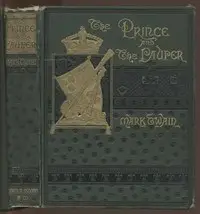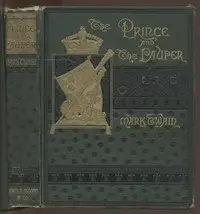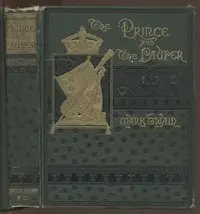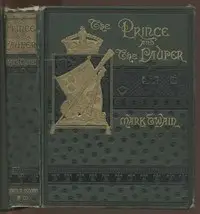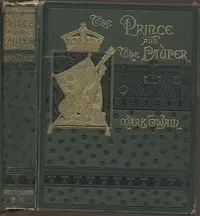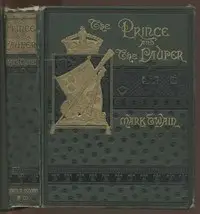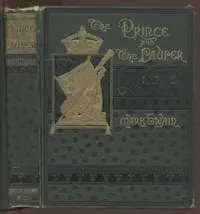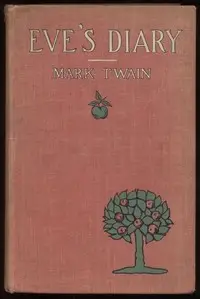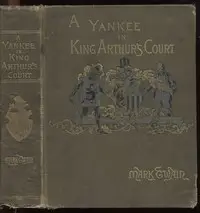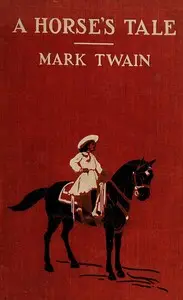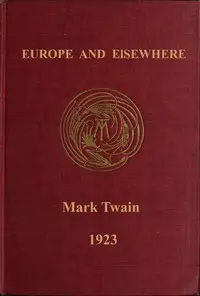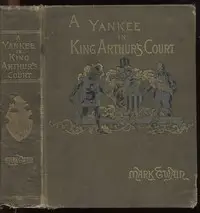"The Prince and the Pauper, Part 1." by Mark Twain is a historical fiction set in 16th-century England, telling the tale of Prince Edward Tudor and pauper Tom Canty, whose lives intertwine when they accidentally exchange identities, leading to an examination of social class and self-discovery. The narrative begins with their contrasting births and follows their unexpected meeting, which sets in motion a swap that places Tom in the world of royalty and Edward into London's underbelly. Tom grapples with royal customs, while Edward faces the stark realities of his kingdom as an ordinary boy. This experience transforms the prince, fostering empathy and highlighting the injustices plaguing his society. The book uses their parallel experiences to comment on the rigid social hierarchy and the characters' search of their place in the world.
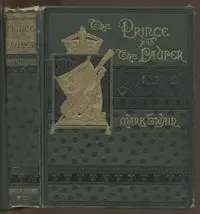
The Prince and the Pauper, Part 1.
By Mark Twain
In a kingdom where appearances define destiny, two boys, one born in splendor and the other in squalor, trade lives and unearth the striking differences between privilege and hardship.
Summary
About the AuthorSamuel Langhorne Clemens, known by the pen name Mark Twain, was an American writer, humorist, and essayist. He was praised as the "greatest humorist the United States has produced," with William Faulkner calling him "the father of American literature." Twain's novels include The Adventures of Tom Sawyer (1876) and its sequel, Adventures of Huckleberry Finn (1884), with the latter often called the "Great American Novel." He also wrote A Connecticut Yankee in King Arthur's Court (1889) and Pudd'nhead Wilson (1894) and cowrote The Gilded Age: A Tale of Today (1873) with Charles Dudley Warner.
Samuel Langhorne Clemens, known by the pen name Mark Twain, was an American writer, humorist, and essayist. He was praised as the "greatest humorist the United States has produced," with William Faulkner calling him "the father of American literature." Twain's novels include The Adventures of Tom Sawyer (1876) and its sequel, Adventures of Huckleberry Finn (1884), with the latter often called the "Great American Novel." He also wrote A Connecticut Yankee in King Arthur's Court (1889) and Pudd'nhead Wilson (1894) and cowrote The Gilded Age: A Tale of Today (1873) with Charles Dudley Warner.

